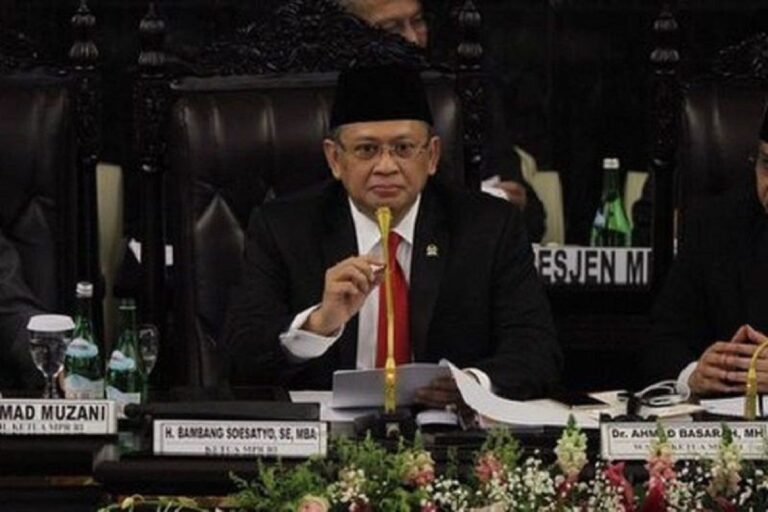He made the remark in a written statement received here on Wednesday.
In the course of its work, the National Cyber and Crypto Agency is only supported by Law 1/2008 concerning Electronic Information and Transactions (ITE), as amended by Law 19/2016, PP 71/2019 about the Implementation of Electronic Systems and Transactions, and Presidential Decree 28/2021 about National Cyber and Crypto Agency.
Soesatyo opined that the initiation of national cyber security is in line with President Joko Widodo’s mandate, which is for Indonesia to be ready to face the threats of cybercrime and data misuse, which were highlighted during the People’s Consultative Assembly’s Annual Session on August 16, 2019.
Through cyber attacks, a country can completely sabotage telecommunications and Internet networks in other countries, cause chaos in their digital banking networks, as well as render military radar and civil aviation useless.
Soesatyo said that it would be even scarier if combat equipment, such as aircraft and submarines, get hijacked by people from overseas to carry out attacks as they would be beyond the nation’s control then. He delivered the statement after meeting with the head of the National Cyber and Crypto Agency, Lieutenant General (retd.) Hinsa Siburian, at the National Cyber and Crypto Agency’s office here on Wednesday.
Related news: Ministry outlines three key ways to bolster cyber security
He also stressed the importance for Indonesia to have a Single Identity Number, apart from a national cyber security law.
The Single Identity Number would contain more than just basic data such as the name, gender, and address of citizens: it would integrate the tax and health security program.
Thus, the contribution from the National Cyber and Crypto Agency is necessary, particularly in securing data from cyber attacks perpetrated by irresponsible parties.
“By having a Single Identity Number like many big countries in the world, Indonesia will get many benefits. Among them (this could be a way to) address the issues that arise due to segmentation of population data in various ministries and agencies, as an instrument for monitoring the rate of citizens’ compliance in fulfilling their rights and obligations such as paying taxes, to contribute in providing detailed information regarding the social, economic and environmental conditions of the people,” he added.
Related news: BSSN records 1.65 billion cybersecurity traffic anomalies in 2021
Related news: Cyber security, metaverse, fintech are future businesses: Uno

